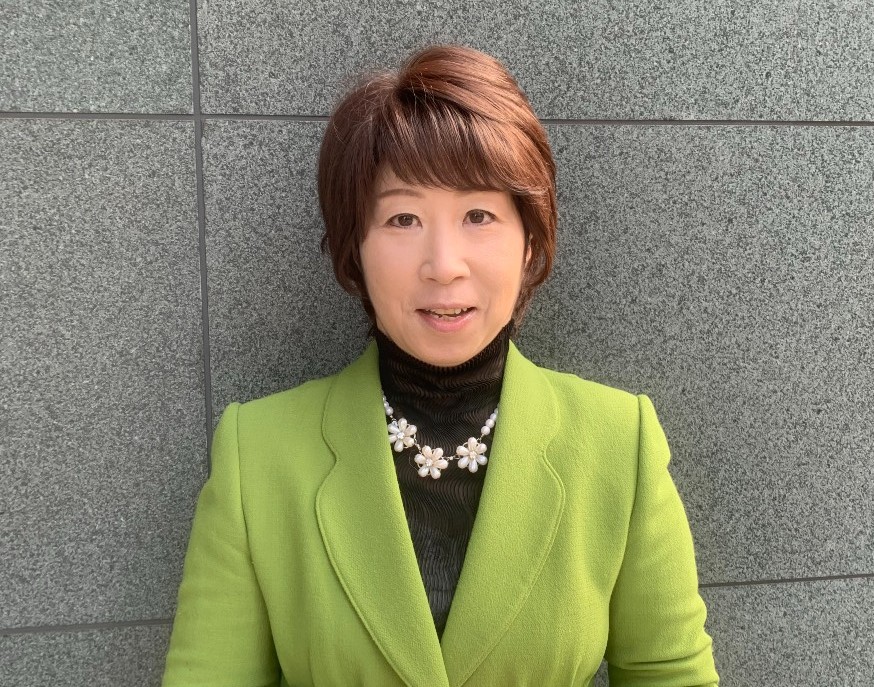
(Foto the author's archive)
Cash is increasingly competing with other more efficient payment tools such as retail bank accounts, debit cards, credit cards, e-money, and in some cases, crypto assets. These various tools constitute so-called digital currencies, all of which are issued by the private sector and thus less reliable than central bank money. Cash becomes more useful especially when health crisis including the COVID-19 pandemic, natural disasters (such as earthquakes, typhoons, hurricanes, floods), or military conflicts cause serious damage to communities and people’s daily lives by generating power shortage and destruction of buildings and computer system, as well as weakened trust on the private sector banking system. Cash is also preferred by the elderly and marginalized, low-income people. Therefore, cash remains visible in many economies and many central banks view that retaining cash in the economy is important, despite higher cash-handling cost and prevalent cash-associated crimes.
What Factors Contribute to Cash Demand?
A central bank issues cash to the public together with reserve balances issued to financial institutions including banks. Cash fulfills the following three basic functions of money— unit of account, means of exchange, and store of value. Cash is legal tender and an official medium of payment determined by the government through the passage of law that generally requires creditors to accept debt service payment in the legal tender. It is also used for public charges and taxes. Cash demand of the public is generally influenced by transaction motive used for payment, opportunity cost, precautionary motive, and other motives. Among those, transaction motive reflects demand for cash used for payments of goods and services as well as other transactions, which is likely to strengthen with an expansion in economic activities (i.e., nominal GDP). The opportunity cost for holding cash is related to the financial return arising from the close substitutes of cash, such as retail deposit rates offered by banks to the public, as well as cost of holding digital currencies (such as various fees). The prolonged low-interest rate environment driven by massive monetary easing contributed to lower opportunity cost particularly in Japan, Europe, and the United States and other economies influenced by global low interest rates. Inflation also influences cash demand; namely, low inflation means the low opportunity cost of holding cash since the value of cash remains stable.
While recent inflationary environment may depress cash demand, precautionary motives may be intensified at the time of various crises and/or a decline in trust on the existing baking system, thus giving rise to higher demand for cash among the public. The recent rising demand for cash seen in some European countries after the Russian invasion of Ukraine may reflect the public concerns raising precautionary motives and related perceived uncertainties on the private sector baking system perhaps due to large exposure to Ukraine, Russian and neighboring economies. Moreover, firms may be increasing cash holdings recently in these regions to ensure smooth business operations.
Other motives may include aging, tax-saving purposes, informal or illegal activities, and cash demanded from abroad. Cash is prevalent in economies, such as Japan, where the elderly aged over 65 years old accounts for nearly one third of the total population, due to the habits and affinity for using cash as compared with the economies with a small share of elderly population. Some elderly people stop using credit cards after retirement to save fees. Cash demand from abroad is large for the case of the United States given that the US dollar remains the most important reserve currency, invoice currency used for international trade and debt issuance, vehicle currency used for various foreign exchange transactions, as well as safe haven currency. Also, an increase in frequent foreign tourists, businesspersons, and students may raise cash demand for foreign currencies, especially when the exchange rates are perceived to be favorable.
Japan Characterized with Substantial Cash Holding
Cash hording can be defined as cash lying idle that is not being utilized for payments and thus could be driven by the low opportunity cost, high precautionary motive, and aging. It is prevalent in Japan. The growing prevalence of contactless payments methods have reduced the use of cash for transaction purposes (such as shopping, restaurants, taxies, and other transportation services) especially after the COVID-19 pandemic in Japan. The 2022 Supermarket While Paper compiled by the National Supermarket Association of Japan reported over 90 percent of the supermarkets are now equipped with credit payment tools, followed by QR code and/or e-money using mobile phones (77 percent), and then by developing own cashless payment systems (38 percent) as of mid-2021. Despite the growing use of digital payment tools, cash in circulation has been rising in Japan especially after the global financial crisis of 2008 (see Chart). The long-standing very low retail deposit interest rate—recording below 0.2 percent during 2017-2010, below 0.02% during 2011-2016 and 0.001% since 2017 on ordinary retail bank accounts—has transformed cash to become close substitute to bank deposits, contributing to the rising trends in cash hording. Limited crimes associated with cash holdings in Japan also helped to support cash demand.
The rising trends on cash in circulation might have several impacts on monetary policy as well as the economy. On the one hand, greater cash hoarding results in the erosion of the effectiveness of monetary policy through weakening the money creation process. On the other hand, greater cash issuance increases a central bank’s income through greater seigniorage. Cash prevalence may also discourage new technology firms to enter into innovative payment and financial activities.
Sayuri Shirai, professor at Keio University and a former Policy Board member of the Bank of Japan.
The article is published in a series of articles in Obserwator Finansowy written by governors of central banks and distinguished economists. The series is under the special patronage of the Governor of Narodowy Bank Polski, Professor Adam Glapiński. The authors of the articles have agreed to waive their fees for writing the texts, and in exchange NBP shall donate the amount equivalent to the fees onto the account of the National Bank of Ukraine in order to support the NBU during the war. Below is a foreword by the Governor of NBP to the whole series:
On 24 February a huge tragedy occurred, in the face of which it is impossible to simply move on as if nothing had happened.
Nobody can remain indifferent to the misfortune that has befallen the Ukrainian nation.
All of us are shocked by the press reports, and particularly by what we see in the mass media.
Fighting Ukraine is not only its brave soldiers, but also an army of thousands of civilians trying to preserve normality in a country stricken by Russian aggression.
This army includes the staff of the National Bank of Ukraine, with whom NBP is in constant contact.
Aware of our Ukrainian colleagues’ needs, we have invited several central bank governors and eminent economists to share their knowledge on the economic processes taking place around the world.
It is rare for such a distinguished group of authors to feature in Obserwator Finansowy, which is published by NBP. It is also worth underlining that all the authors have waived the fees for their articles in order to donate them to meet the needs of our colleagues working in the National Bank of Ukraine.
I believe that you will find the series of these articles interesting, especially since they not only share the knowledge and experience of their authors, but also express goodwill towards the war-afflicted NBU.
Prof. Adam Glapiński, Governor of NBP


